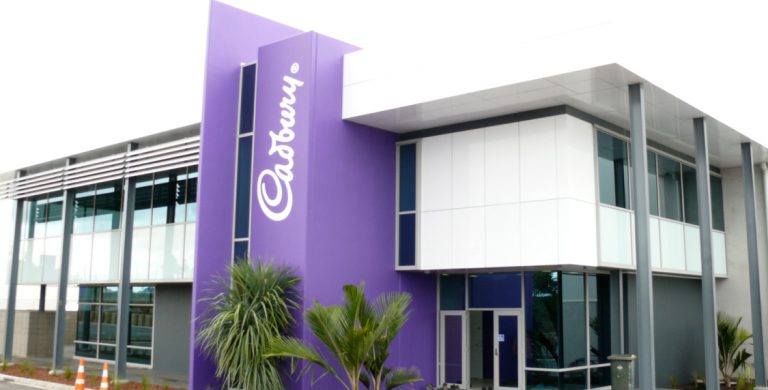Shareholders of Cadbury Nigeria Plc have approved the conversion of an outstanding intercompany loan totaling $7.718 million (₦7,036 billion) owed by the company to Cadbury Schweppes Overseas Limited.
This strategic initiative, whether prompted by Cadbury Nigeria’s challenges in procuring foreign currency for repayment or aimed at rebalancing the capital structure to bolster the balance sheet and mitigate erosion of shareholders’ funds due to Naira devaluation-induced FX losses, seems to be a prudent decision.
In a corporate disclosure released on February 14th, 2024, Cadbury informed investors of its resolutions during an Extraordinary General Meeting (EGM) to convert its intercompany loan of US$7.718 million, equivalent to ₦7.037 billion, owed to Cadbury Schweppes Overseas Limited (“Cadbury Schweppes Overseas”), into equity.
This conversion involves the allotment of 402,082,657 ordinary shares priced at 50 kobo each to Cadbury Schweppes Overseas. Each share will rank pari passu with existing ordinary shares and is priced at ₦17.50 per share, reflecting the company’s share price at the close of trading on December 27, 2023.
The strategic capital structure restructuring undertaken by Cadbury Nigeria might have been prompted by its financial performance in recent times.
In its unaudited 2023 financial year results, recently disclosed, Cadbury Nigeria reported a post-tax loss of N27.633 billion, primarily attributable to a substantial foreign exchange difference totaling N36.933 billion in the 2023 financial year.
This substantial post-tax loss drove the company’s retained earnings into negative territory, amounting to N19.906 billion, and subsequently led to the erosion of shareholders’ funds to a negative position of N15.081 billion, compared to the positive N8.478 billion as of December 2022.
This is despite its decent topline and midline performance, with gross profit increasing by 130.4% YoY to N17.79 billion and operating profit rising by 4,226% YoY to N8.397 billion and reflecting healthy respective profit margins.
That said, the negative retained earnings and shareholders’ funds, coupled with a high level of debt resulting in poor financial leverage ratios, collectively indicate a weakened financial position for the company.
Considering these vulnerabilities, the decision to convert the intercompany loan to equity holds significant potential for addressing multiple challenges. It may help in potentially eliminating exchange losses on intercompany loans, lowering interest expenses associated with borrowing, and reducing overall debt levels.
However, the company must also address the primary obstacle impacting profitability: losses incurred from foreign exchange transactions.
With the continuous depreciation of the Naira, Cadbury Nigeria is poised to encounter persistent challenges in its bottom line.
Even if adjustments are made to product prices to bolster revenue, the sustainability of such measures remains uncertain. Consumers may opt for more cost-effective alternatives or reduce discretionary spending, potentially undermining the effectiveness of price adjustments in maintaining revenue levels.
Therefore, alongside the capital structure rebalancing, Cadbury Nigeria must prioritize cost optimization to mitigate the impact of foreign exchange losses, which has become a systemic risk for the company to maintain good bottom line performance, which is key to sustaining investor confidence and improve the balance sheet situation.
Cadbury needs to minimize its reliance on dollar-denominated supply chain operations to mitigate the effects of naira devaluation. This could involve broadening its sourcing channels and investigating alternative procurement approaches.
Furthermore, implementing hedging tools like forward contracts to secure advantageous exchange rates for critical procurement endeavors can ensure cost stability and mitigate the risks posed by currency devaluation.
In 2023, CADBURY’s share price experienced a notable gain of 59.8%, and it has continued to show resilience with a 15.3% increase so far this year.
However, following the release of the 2023 unaudited interim report, the share price has seen a 24% loss in value over the past four weeks.
This indicates a substantial negative reaction from investors to the contents of the report or the company’s performance as reflected in the financial results.
CADBURY has a commendable dividend history, consistently paying dividends for at least the past five years. Nevertheless, considering the reported loss after tax in the 2023 financial year, there is a likelihood that the company might not declare dividends for the said period.
Investors should remain vigilant and consider the overall financial performance and strategic direction of CADBURY before making investment decisions

